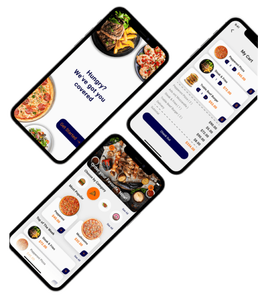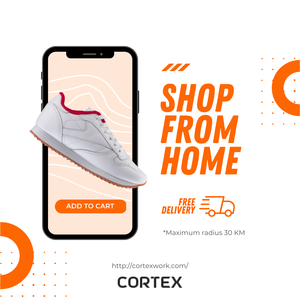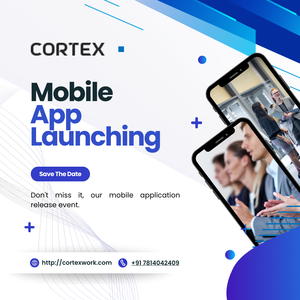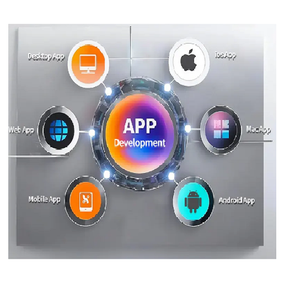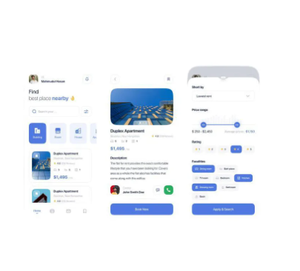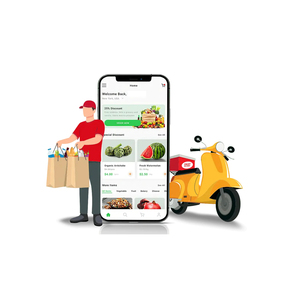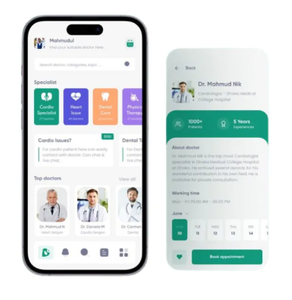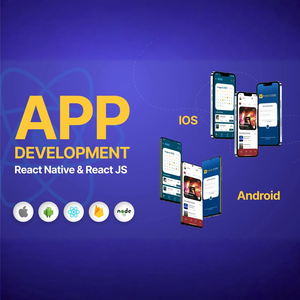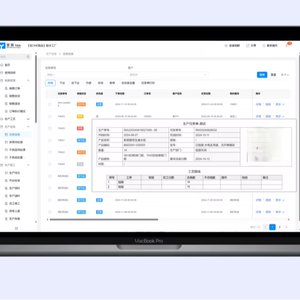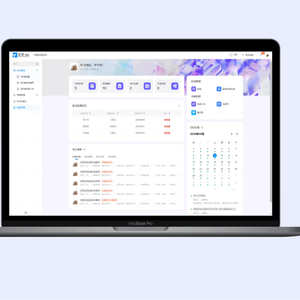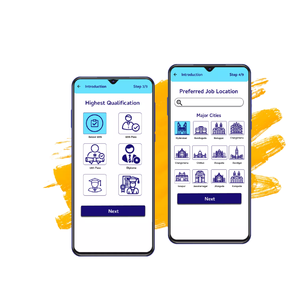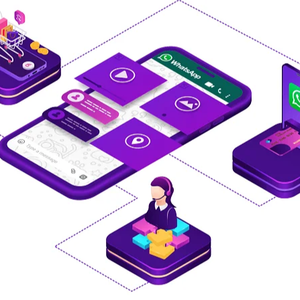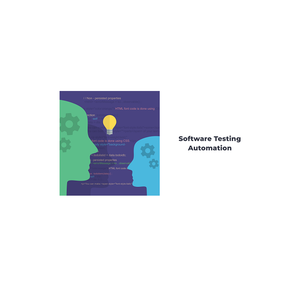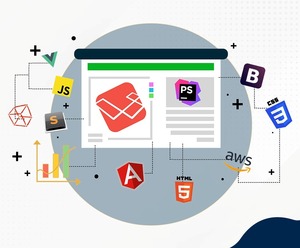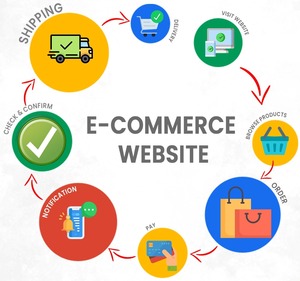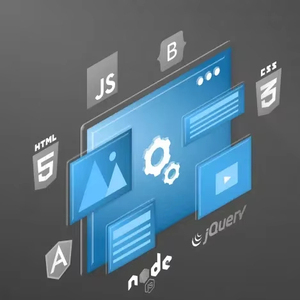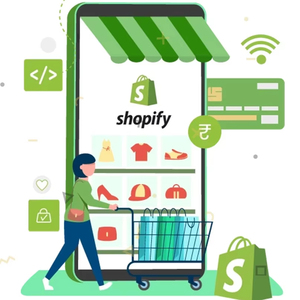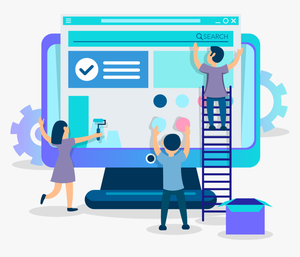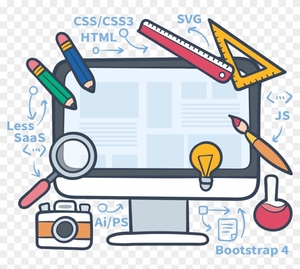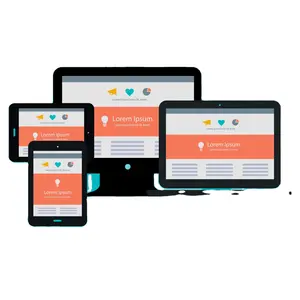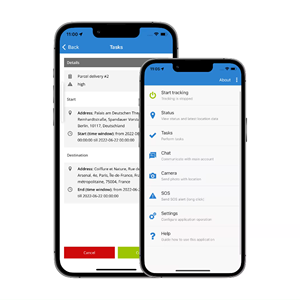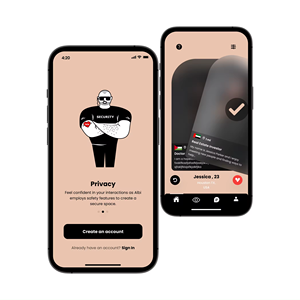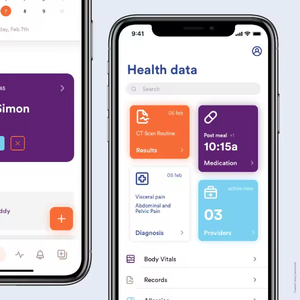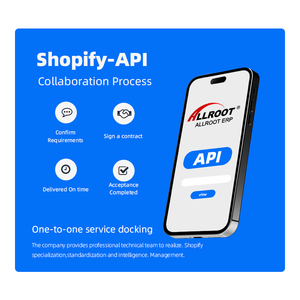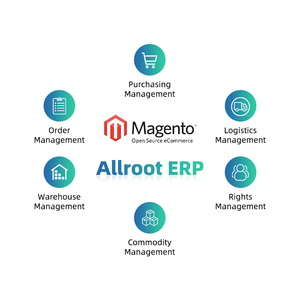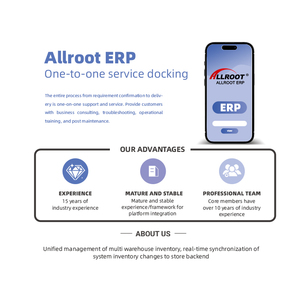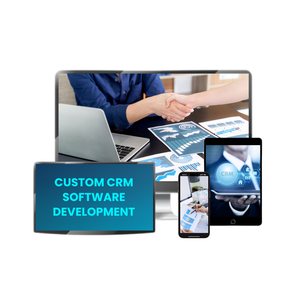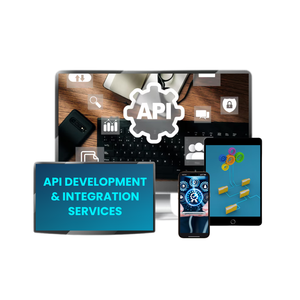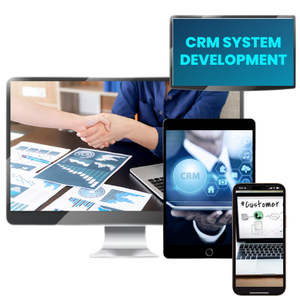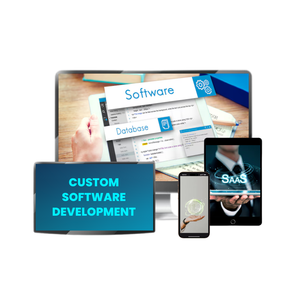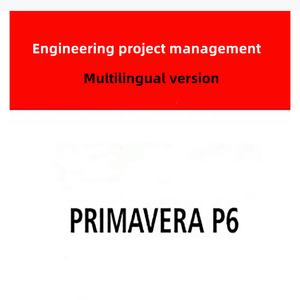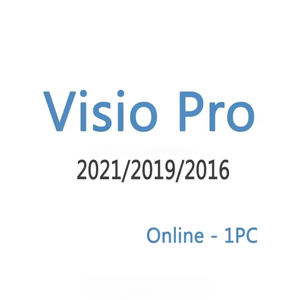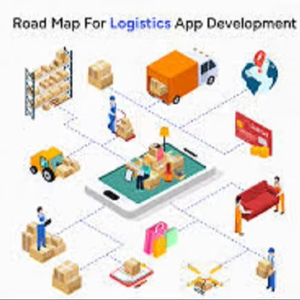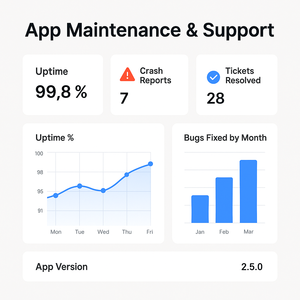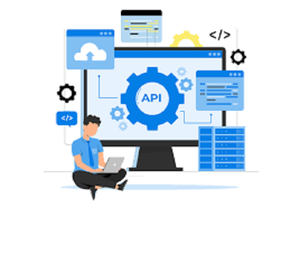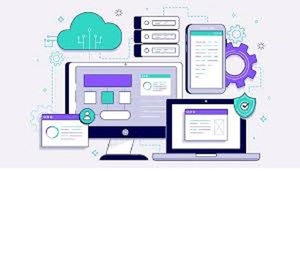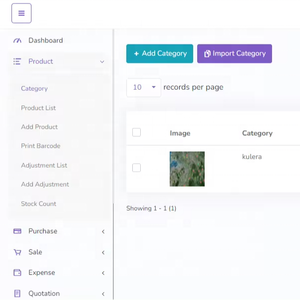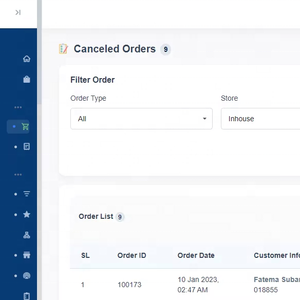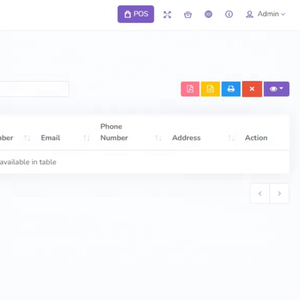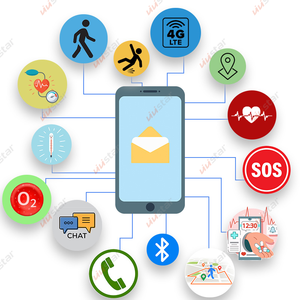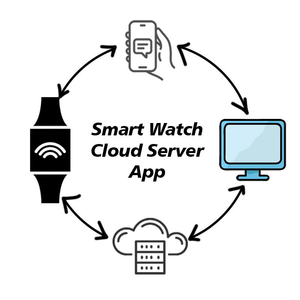Api To Create Supplier In Oracle Apps R12



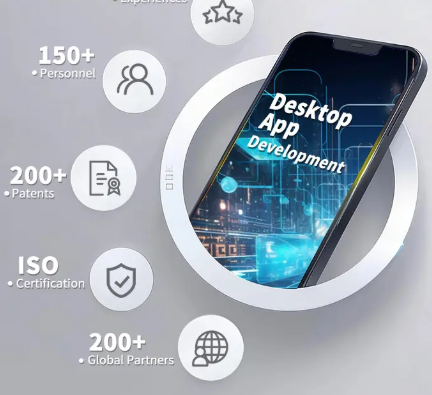

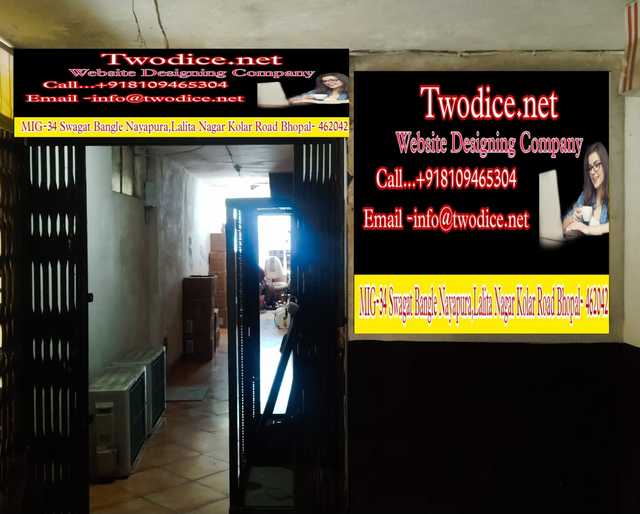



 CN
CN



 1/3
1/3












 1/21
1/21





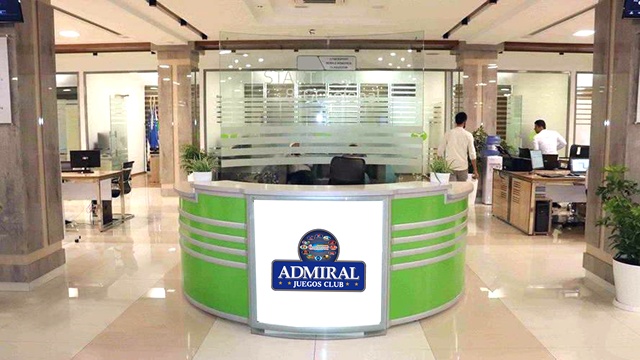



 CN
CN



 1/4
1/4








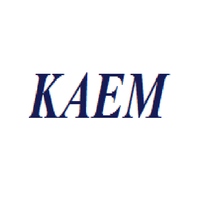






 1/7
1/7
About api to create supplier in oracle apps r12
Where to Find Suppliers for API Integration in Oracle Apps R12?
The global supplier base for Oracle Applications (R12) API development is primarily concentrated among specialized software firms with expertise in enterprise resource planning (ERP) system integration. These providers are largely distributed across technology hubs in India, China, and Southeast Asia, where access to certified Oracle developers and cost-efficient development cycles enable competitive service delivery. Indian suppliers, in particular, account for over 40% of listed vendors offering Oracle R12 customization, supported by a deep talent pool of OCP-certified professionals and mature offshore development frameworks.
These regions offer structured advantages including scalable development teams, adherence to international project management standards (e.g., CMMI Level 3+), and integration-ready environments for legacy Oracle E-Business Suite systems. Buyers benefit from reduced implementation timelines—typically 4–8 weeks for standard supplier creation APIs—due to pre-built code libraries and modular development approaches. Cost efficiencies range from 30% to 60% compared to onshore Western consultants, while maintaining compatibility with Oracle’s Application Programming Interface (API) specifications such as `AP_VENDOR_PUB_PKG.Create_Vendor` used in R12 Supplier Setup.
How to Choose Oracle Apps R12 API Development Suppliers?
Procurement decisions should be guided by technical validation, operational responsiveness, and service scope verification:
Technical Expertise Validation
Confirm demonstrable experience with Oracle E-Business Suite R12, specifically the Payables module and supplier lifecycle automation. Required capabilities include proficiency in PL/SQL, Oracle Application Object Library ( AOL ), and use of standard APIs like `AP_VENDOR_PUB_PKG`. Request documented test cases or sandbox demonstrations showing successful vendor record creation via API calls, including validation of mandatory fields (vendor name, site code, payment terms).
Development Capacity Assessment
Evaluate supplier infrastructure based on the following criteria:
- Team size with at least two dedicated Oracle APPS R12 developers
- Proven track record in integrating third-party systems (e.g., procurement portals, master data management tools) using Oracle APIs
- Support for concurrent development, testing, and deployment environments
Cross-reference response time metrics (target ≤2 hours) and on-time delivery performance to assess reliability under tight integration schedules.
Project Execution Safeguards
Insist on phased delivery models with milestone-based payments. Prioritize suppliers offering post-implementation support, error logging mechanisms, and API documentation deliverables. Use incremental testing—beginning with non-production instances—to validate data mapping accuracy and exception handling before go-live. Review contract terms for intellectual property rights and code ownership transfer upon completion.
What Are the Leading Suppliers for Creating Suppliers via API in Oracle Apps R12?
| Company Name | Location | Years Operating | Staff | Main Products | On-Time Delivery | Avg. Response | Price Range (USD) | Min. Order |
|---|---|---|---|---|---|---|---|---|
| AABAN SOLUTIONS PRIVATE LIMITED | India | Data Unavailable | Data Unavailable | Software | Not Specified | ≤1h | $500–$147,078 | 1 piece |
| CORTEX WORK | India | Data Unavailable | Data Unavailable | Software | Not Specified | ≤6h | $2–$2,500 | 1–3 pieces |
| TWODICE.NET | India | Data Unavailable | Data Unavailable | Software | Not Specified | ≤7h | $100–$500 | 2 pieces |
| GLOBAL GEMS | India | Data Unavailable | Data Unavailable | Mechanical Watches, Fashion Jewelry, Software | 50% | ≤2h | $14–$1,500 | 1 unit |
| Shanghai Honghuan Network Technology Co., Ltd. | China | Data Unavailable | Data Unavailable | Software | 100% | ≤2h | $500–$507 | 1–7 sets |
Performance Analysis
AABAN SOLUTIONS stands out for its rapid response time (≤1 hour), indicating strong client engagement capacity, though pricing varies significantly across projects, suggesting custom scoping. Shanghai Honghuan reports a 100% on-time delivery rate, a critical factor for time-sensitive integrations, with consistent mid-range pricing ideal for standardized API implementations. Indian-based suppliers dominate this segment, collectively representing 80% of available vendors, with typical entry-level costs starting at $100 for basic scripting services. However, GLOBAL GEMS’ mixed product profile raises questions about domain focus, potentially affecting specialization depth. For mission-critical deployments, prioritize suppliers demonstrating exclusive software orientation and verifiable Oracle R12 implementation histories.
FAQs
How to verify Oracle R12 API development capability?
Request proof of past projects involving `AP_VENDOR_PUB_PKG` or similar APIs. Validate developer certifications (Oracle Certified Professional, OCP). Conduct live screen-sharing sessions to review code structure, exception handling, and debug logs in a test environment.
What is the typical lead time for API implementation?
Standard API integration for supplier creation takes 2–4 weeks, including requirement analysis, coding, UAT, and deployment. Complex scenarios involving multi-org setups or third-party validations may extend timelines to 6–8 weeks.
Do suppliers support both synchronous and asynchronous processing?
Most professional vendors support both modes. Synchronous execution returns immediate success/failure status, while asynchronous methods use request IDs for polling. Confirm support for error recovery and duplicate prevention logic during specification finalization.
Can the API handle multiple suppliers in a single call?
Native Oracle R12 APIs process one vendor per transaction. Batch handling requires wrapper scripts or interface tables (`AP_SUPPLIERS_INT`). Suppliers should demonstrate batch control mechanisms, including rollback procedures and audit trails.
Is post-implementation support included?
Support terms vary. Some suppliers offer 30-day defect coverage; others provide extended SLAs for monitoring and troubleshooting. Clarify response windows, escalation paths, and additional costs for future enhancements during contract negotiation.




